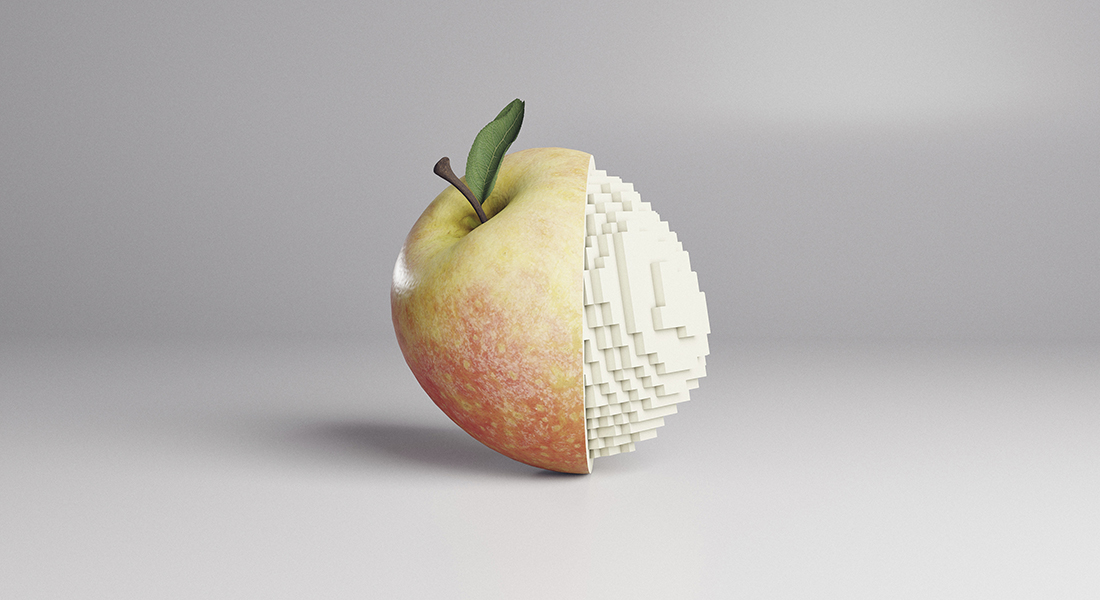Digitalisation and modelling of food systems
In order to inspire future green food production systems with a low environmental footprint, we at UCPH FOOD deploy front-edge data and sensor technology for digitalization and optimization of food production and the food value chain.

This research area uses data analysis to measure properties and functionalities from raw materials to end-products in order to optimize and characterize food production and end-quality in sustainable ways while maintaining strong industrial competitiveness.
This is widely applied for raw material identification, process monitoring, and optimization, food fraud and adulteration detection, gastronomy, understanding the biology of fermentation, flavor research, proteomics, metabonomics, and many other areas.
The basic research in this area utilizes technologies such as remote sensing, quality by design, process analytics, process modelling, machine learning, chemometrics, artificial intelligens, and robotics. Through these technologies, it is possible to solve complex problems and uncover completely new phenomena.
The aim is not only to perform predictive performance but also to better understand the food system and how we might alter food production techniques to be more sustainable.
Learn more about UCPH FOOD’s digitalization processes at our Chemometrics research field.
Contact:
 Rasmus Bro
Rasmus Bro
Professor
Design and Consumer Behavior
 Frans van der Berg
Frans van der Berg
Associate Professor
Ingredient and Dairy Technology
Morten A. Rasmussen
Associate Professor
Microbiology and Fermentation
 Åsmund Rinnan
Åsmund Rinnan
Associate Professor
Ingredient and Dairy Technology
 Søren Balling Engelsen
Søren Balling Engelsen
Professor
Food Analytics and Biotechnology

